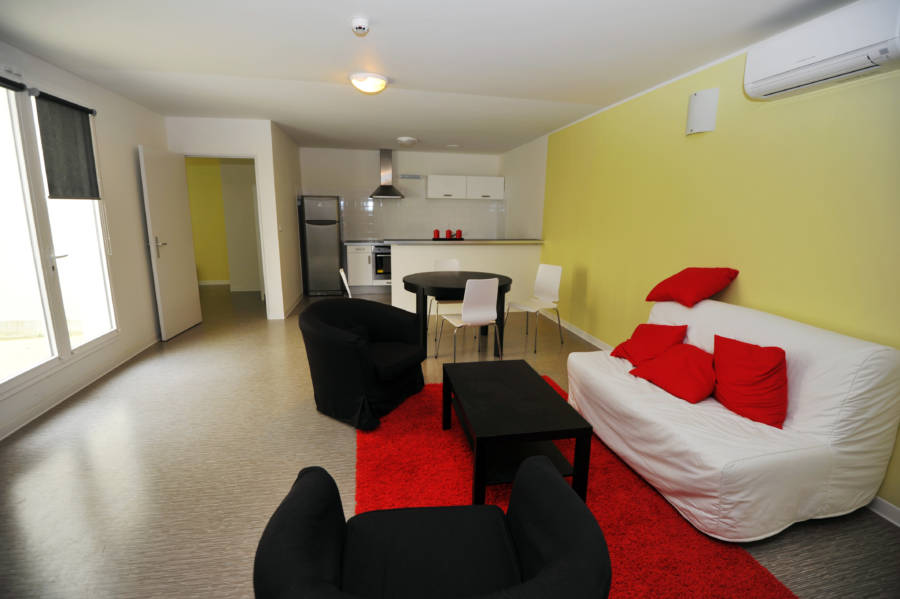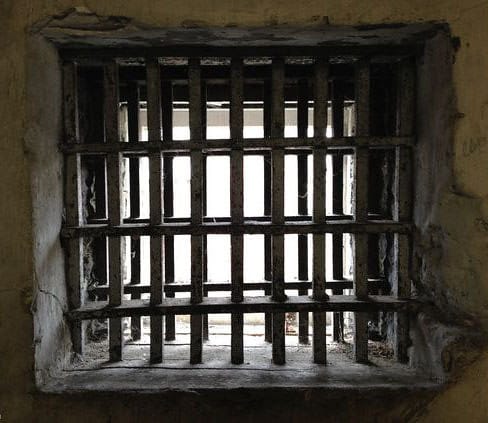Are Conjugal Visits A Real Thing In Australia?

Conjugal visits, a concept widely discussed in popular media and legal circles, often evoke curiosity and debate. These visits are intended to allow inmates some privacy and intimacy with their partners, aiming to maintain family bonds and improve post-incarceration reintegration. However, the implementation of such visits varies globally, raising questions about their existence in different countries, including Australia. This article delves into the reality of conjugal visits in Australia, exploring their legal status, potential benefits, and the broader implications for the prison system.
Understanding Conjugal Visits
Conjugal visits, also known as family visits, allow inmates to spend private time with their spouses or partners. These visits can extend for a few hours or even days, depending on the jurisdiction. The primary goal is to help maintain the familial and social ties that play a crucial role in an inmate's rehabilitation and eventual reintegration into society.
Quick Info Table: Conjugal Visits Overview
| Aspect | Detail |
|---|---|
| Definition | Private visits between inmates and their spouses/partners |
| Duration | Typically a few hours to several days |
| Purpose | Maintain family ties, enhance rehabilitation, support reintegration |
| Global Implementation | Varies by country, e.g., USA allows in some states, many countries do not |
The Reality in Australia
Legal Status
In Australia, the concept of conjugal visits as understood in some other nations does not exist. The Australian prison system does not provide inmates with the opportunity for private family visits that include conjugal rights. This absence is consistent across all states and territories, marking a clear departure from practices observed in certain parts of the United States and other countries where conjugal visits are permitted.
Reasons for Non-Implementation
The lack of conjugal visits in Australian prisons can be attributed to several factors:
-
Security Concerns: Providing inmates with private time poses significant security challenges. Prison authorities prioritize maintaining a safe and controlled environment, and conjugal visits may complicate this objective.
-
Resource Constraints: Implementing such a program would require significant resources, including private facilities and additional staffing, which may not be feasible within current budgetary constraints.
-
Policy Focus: The Australian correctional system emphasizes rehabilitation through education and vocational training rather than through maintaining intimate relationships.
Potential Benefits of Conjugal Visits
While Australia does not currently permit conjugal visits, understanding their potential benefits helps in discussing their relevance:
Strengthening Family Ties

Conjugal visits can play a significant role in preserving family bonds, which are crucial for emotional stability and support during incarceration. Maintaining these ties can ease the transition back into society upon release.
Reducing Recidivism
Research from countries that allow conjugal visits suggests that maintaining family connections can reduce recidivism rates. Inmates who have strong family support are less likely to re-offend, as they often have a stronger network to rely on post-release.
Improving Inmate Behavior
The possibility of conjugal visits may incentivize good behavior among inmates. Knowing they can maintain family relationships might encourage prisoners to adhere to rules and engage positively within the prison environment.
Counterarguments and Challenges
Despite the potential benefits, implementing conjugal visits in Australia presents several challenges:
Logistical Issues
Creating the infrastructure necessary for conjugal visits is a significant hurdle. It involves not only the construction of suitable facilities but also ensuring security measures are in place to prevent contraband and other security breaches.
Ethical and Social Considerations
There are ethical debates surrounding the fairness of offering conjugal visits, especially concerning inmates without partners or those whose relationships have ended due to incarceration. Additionally, there are societal perceptions about the purpose of prison, which can influence policy decisions.
Global Perspectives
Comparative Analysis
In the United States, conjugal visits are permitted in some states, reflecting a diverse approach to inmate rehabilitation. Countries like Canada and Mexico also allow such visits, but they are often subject to strict eligibility criteria and regulations.
Insights from International Practices
Examining international practices provides insights into how conjugal visits can be structured to balance security with rehabilitation objectives. For instance, in Germany, family visits are viewed as a right, and their correctional system reflects a strong focus on rehabilitation.

Conclusion
The question, "Are conjugal visits a real thing in Australia?" leads to a broader discussion about prison reform, rehabilitation, and the role of family in an inmate's life. While Australia currently does not incorporate conjugal visits into its correctional system, understanding their potential benefits and challenges offers valuable perspectives on how the country might approach prison reform in the future.
Maintaining family ties is undeniably important for rehabilitation and reintegration. As Australia continues to evolve its correctional policies, there might be opportunities to explore different ways to support inmates' social connections without compromising safety and security. Ultimately, the debate over conjugal visits touches on the fundamental purposes of incarceration and how best to prepare inmates for a successful return to society.



Comments ()